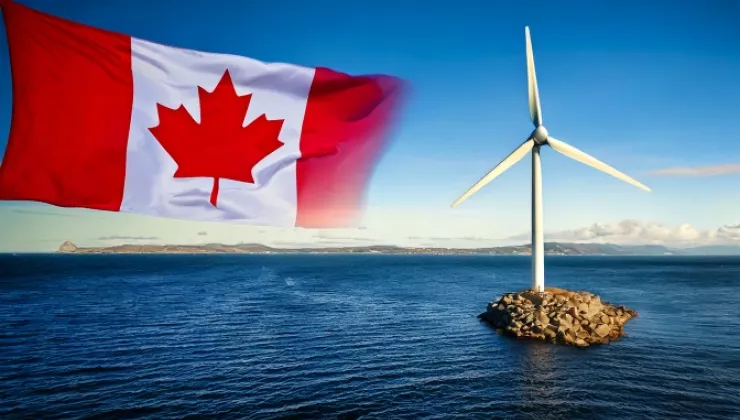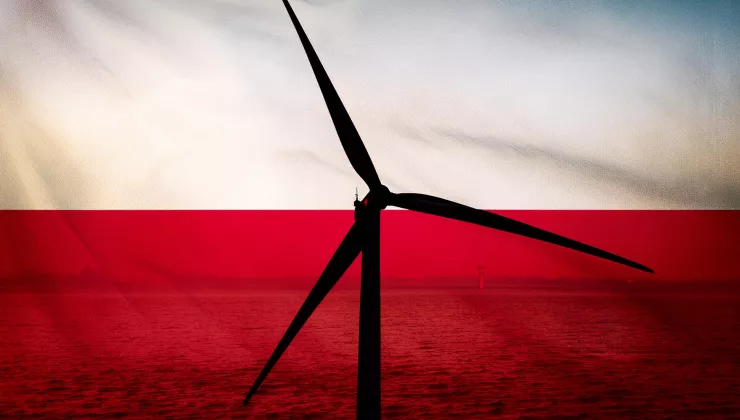Blue Alkalinity
Technologies that focus on actively removing carbon dioxide (CO2) from the atmosphere (so-called CDR techniques) are actively being researched as a strategy to limit global warming. A significant amount of CDR is needed to achieve climate stabilization, and demand for CDR-based carbon credits is growing rapidly.
A promising marine CDR technique is ocean alkalinization. This technique aims to stimulate the marine storage of atmospheric CO2 by increasing the alkalinity of the seawater. An important advantage over other CDR technologies is that ocean alkalinization counteracts ocean acidification and thus contributes to the recovery of marine ecosystems.
Coastal sediments make a significant natural contribution to the ocean's alkalinity budget. Within the Blue Alkalinity project we will investigate how this natural process can be enhanced. To this end, we will investigate new, innovative coastal ocean alkalinization (COA) techniques and how they can be integrated into ongoing marine engineering applications.
Although modeling studies demonstrate the feasibility of COA, there is no detailed assessment of its CO2 capture efficiency or environmental impacts, two bottlenecks for actual implementation. In this project we combine experiments and modeling to investigate the potential of COA under natural conditions.
In addition, we will explore how COA can be integrated with existing technology in ongoing coastal management programs, enabling scalability and rapid valorization.
Partners: University of Antwerp, KU Leuven and Royal Belgian Institute for Natural Sciences (RBINS)
With the support of: VLAIO (Flanders Innovation & Entrepreneurship)
Contact: Eveline Buyck


